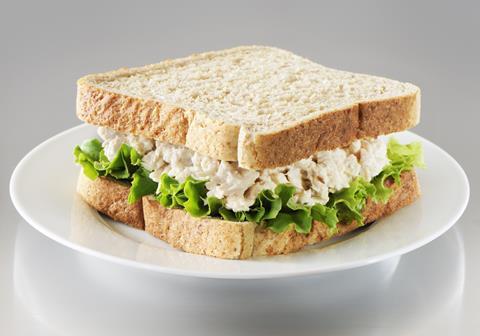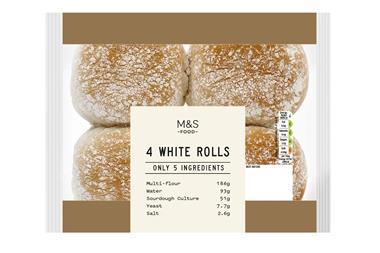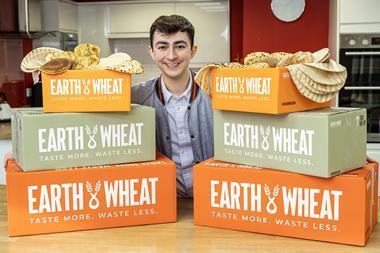
The ultra-processed foods debate is cooking up an unhelpful storm and leaving consumers and policy makers confused, believes Federation of Bakers chief executive Andrew Pyne.

”This autumn will see media and political interest rise again in the issue of ‘ultra-processed foods’ (UPFs), with the House of Lords Committee on Food, Diet and Obesity due to issue its final report. As we’ve seen in recent months, the bread category will presumably find itself unfairly caught up in the debate once again.
Proponents of the term UPF frequently deem sliced wrapped bread to be ‘ultra-processed’, which may be causing confusion for consumers about the right items to put in their shopping baskets in terms of foods that can contribute to their overall wellbeing. Sliced bread is also widely available in the stores many of the population choose to shop in.
With over a quarter of adults now living with obesity and many more overweight, it is important they receive a clear message on how they can achieve a more balanced diet and at an affordable price.
Sign up for our free webinar: how are the UPF and clean label movements shaping bakery?
All bread is a key staple in the British diet, providing many of the necessary nutrients needed for normal development and good health. Bread provides a cost-effective, nutritious, and tasty way to help people add calcium, fibre, protein, iron, vitamins, and other minerals to their daily diet – as well as an important carbohydrate, as part of a healthy balanced diet.
This ‘UPF’ branding also betrays a deep misunderstanding of the skill and expertise practiced by bakers every day. The UK has a long and proud history of bakery, producing bread using high standards of care and feeding generations of families.
The irony is that bread produced on scale follows the same fundamental principles of bread bakery, with the same level of care and core ingredients of a homemade or local bakery loaf. Ingredients are mixed, the bread is proved, and the loaf baked – that’s the simple method of bread baking.
So, we should stand up against unhelpful claims and our industry should be proud of the full breadth of our products fuelling families every day, from sliced white to artisan loaves.
The debate about foods with more than five ingredients is not based on science, and all food ingredients used in the UK are approved by government as safe. Which is why it is important that the regulatory approach in the UK continues to be based on proven scientific evidence.
This nutrition-based approach is also understood and accepted by consumers, with a focus on reducing consumption of products high in fat, salt, and sugar. Our sector has done much to increase fibre, reduce salt levels and is an important contributor of essential vitamins and minerals to the diet. This is about giving people more of the good nutrients they need to live healthier lives, whilst reducing the less healthy elements of our diets.
I fear the facts of the matter are being drowned out by the noise of the UPF debate, which seems to have gained the most cut-through with the media. The term is creating confusion for consumers and policy makers alike, unnecessarily demonising foods like bread that provide vital nutrients for families across the UK. It is the make-up of ingredients in a product, not the processing of them, which is important, and that is why the UPF debate is cooking up an unhelpful storm.”
Want to hear more about how the UPF debate is changing bakery?

Then sign up for our free webinar! Sponsored by AB Mauri and Ulrick & Short, the webinar is titled ‘How are the UPF and clean label movements shaping bakery?’ and will take place at midday on Wednesday 16 October.
The panellists, including Andrew Pyne and experts from Modern Baker, Mademoiselle Desserts, and The Co-op, will explore what these conversations mean for the baking industry, particularly those who have built their business models around large-scale production. They will also dive into how businesses can make the most of the conversation around ingredients and processing methods.
There will also be a live Q&A session in which the audience can submit questions to be answered by the panel. These can be submitted during the webinar or as part of the sign-up process.
































1 Readers' comment